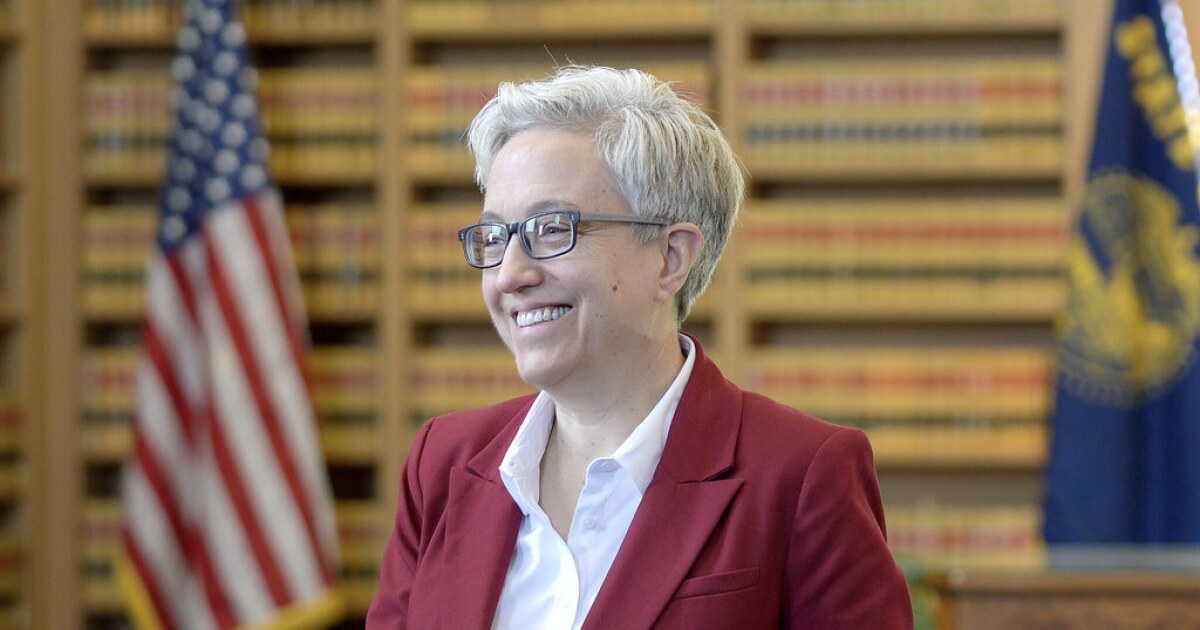Oregon to tax nicotine to fund wildfire prevention, suppression
2 min read

Oregon Governor’s Office
Oregon Gov. Tina Kotek signed a wildfire tax bill expected to raise more than $40 million annually as firefighters battled multiple fires in central Oregon.
Kotek signed
The state also
“Oregonians are paying the price of delayed action in smoke-choked summers, forest loss, and displacement,” Kotek said. “Fire suppression is not enough. To protect our forests, homes and public health for the long-term, we must build more resilient, fire-adapted communities across our state.”
House Bill 3940 places a tax on oral nicotine products, raises the timber tax and taps interest accrued by the state’s rainy-day fund.
The money would mainly fund programs to prevent wildfires but also dedicates some funding to fire suppression.
The governor lauded the 35-member working group that she said “spent hundreds of hours” to draft the proposals that resulted in the legislation.
The combination of HB 3940, House Bill 5006, and
The bill passed the House by a 37-8 vote and the Senate by a 20-8 vote in June.
“Oregon is facing a new era of wildfire risk, and we need 21st-century solutions,” said Rep. Pam Marsh, D-Ashland.
She added that the measure invests in resilience and takes “real steps to reduce the long-term human and economic toll of wildfire.
“This proposal allows us to take a holistic approach to public safety and health,” said Sen. Anthony Broadman, D-Bend, co-chair of the Joint Ways and Means Subcommittee on Public Safety, in a statement after the House vote in June.
“Oregon has a long history of taxing nicotine products to support public health initiatives, and it just makes sense to use revenue associated with these products to help keep Oregonians safe and healthy,” Broadman said.
The law updates how rural working lands are assessed and protected, creating a fairer cost-sharing system between small forest owners, grazing landowners, and the state, according to the legislation.
It includes new limits on what land can be taxed and how assessments are calculated, expands grants to fire-harden structures and for home retrofits. Residents in areas at high-risk from fire and low-income households will receive priority for grant-funding, according to the measure.
An academic paper presented at the Brookings Institute’s annual conference found







